Undergraduate Major Programs

Food Studies
Gain knowledge to address pressing social and environmental problems in local and global food systems. An interdisciplinary approach that examines how food is connected to culture, society, policy, and the environment prepares students for careers any number of food-related fields, including education, public policy, entrepreneurship, and community development.
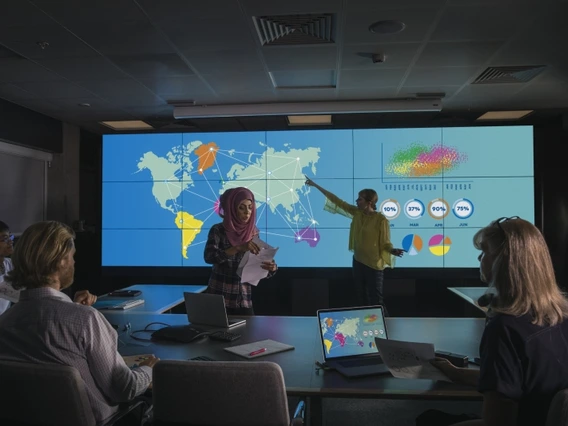
Geography
This interdisciplinary degree combines physical and social sciences; you may focus on specific world landscapes and cultures or on areas such as urban, political, economic or cultural geography, or on human-environment relations. Learn to analyze data and policy in order to address and research critical questions about the world you live in.
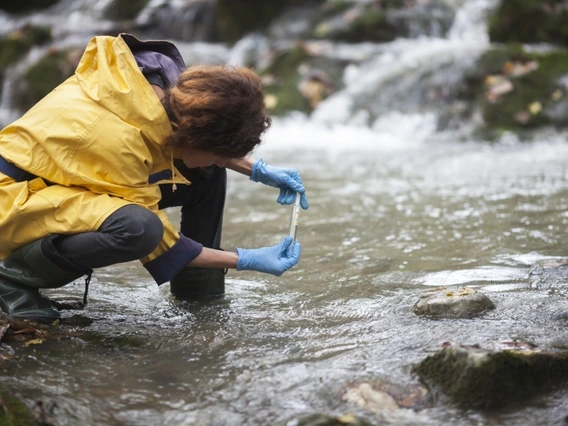
Geosciences
Earth, Ocean, and Climate Emphasis
Develop an understanding of Earth's climate—past, present, and future—and the important connections between the solid Earth, oceans, and atmosphere, and how they influence modern climate dynamics. Graduates pursue careers in environmental geology and scientific research in fields such as oceanography, climate science, surficial processes, paleoclimate, paleoecology and more.
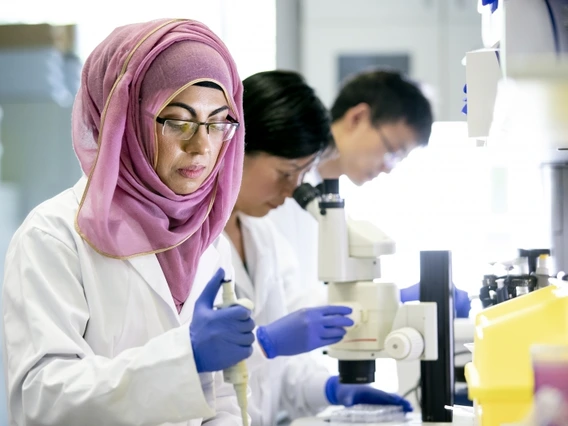
Microbiology
Learn how microorganisms interact with their surroundings with diverse coursework in food safety and consumer health; plant pathology and microbiology; environmental microbiology; microbial genomics and biotechnology; and medical microbiology. This program cultivates your expertise in preparation for highly specialized professions from biotechnology to medical science.

Molecular and Cellular Biology
Fast-track towards a graduate degree with courses in genetics, physics, chemistry, hands-on experience in laboratory research, honors thesis work, capstone experiences, and opportunities for full-time, paid summer research opportunities with renowned faculty. Complete an undergraduate and graduate degree with just five years of study through the Accelerated Master's Program.
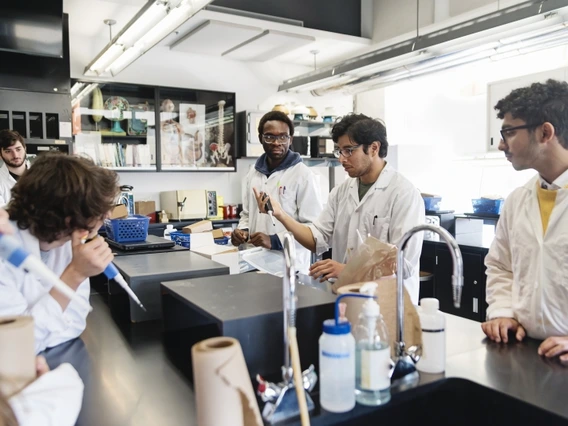
Molecular and Cellular Biology
Education and Communication Emphasis
Prepare for career in teaching, journalism, or research writing that includes your passion for biology. Become proficient in chemistry, math, physics, ecology, and biology and complete courses in science learning and journalism to grasp methods of imparting key evidence-based data, analysis, and findings to the general public.

Molecular and Cellular Biology
Genetics and Human Health Emphasis
Home in on human health and study genetics, human disease, biochemistry and physiology, and gain firsthand research experience. Establish a foundation if you want to pursue advanced degrees, often in an accelerated format, and for to enter the job market proficient in laboratory processes and research presentation.

Molecular and Cellular Biology
Systems and Big Data Biology Emphasis
Learn about applications of data science to research and analysis methods and the communication of findings in courses in mathematics, statistics, computing, and core coursework in biology, participate in laboratory research through the senior thesis and capstone units, and graduate ready for graduate-level study and careers that are in high demand.

Natural Resources
Conservation Biology Emphasis
Study conservation of invertebrates, vertebrates, plants, fungi, microbes and scientific disciplines through coursework in policy, planning, and economics while acquiring highly desirable science and social-science skills and real-world experiences to pursue a career as a conservation biologist, conservation planner, environmental educator, researchers natural resource managers, or ecologist.
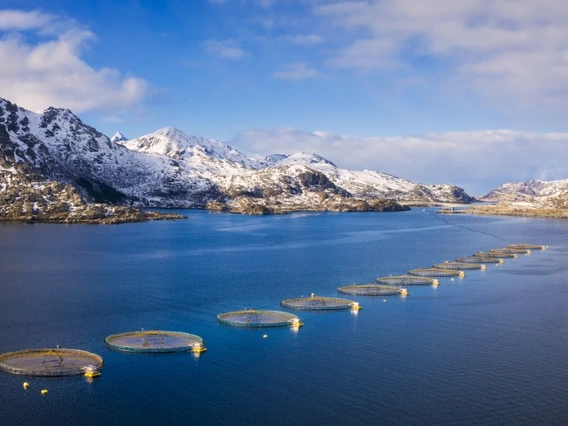
Natural Resources
Fisheries Conservation and Management Emphasis
Prepare for a career as a fishery biologists who develops strategies to maintain biodiversity and habitat, helps rare and endangered species to recover, manages populations of harvested animals, enforces laws, monitors plant and animal populations, manages refuges and hatcheries, designs and implements research projects, eliminates invasive species, develops computer models, and educates the public.
Pagination
- First page
- …
- 1
- 2
- 3
- …
- Last page
Environmental Themes
Career Fields












